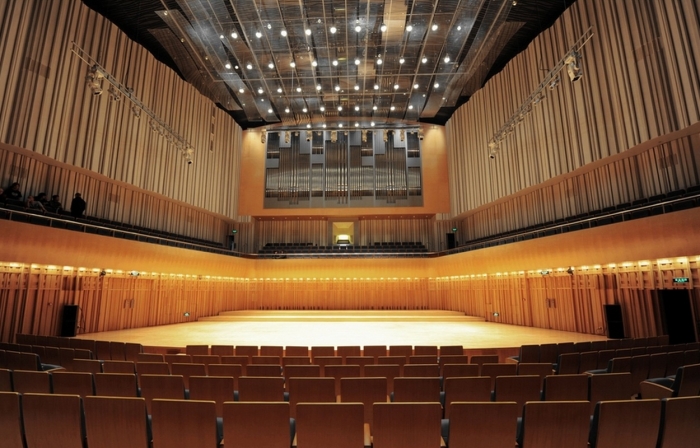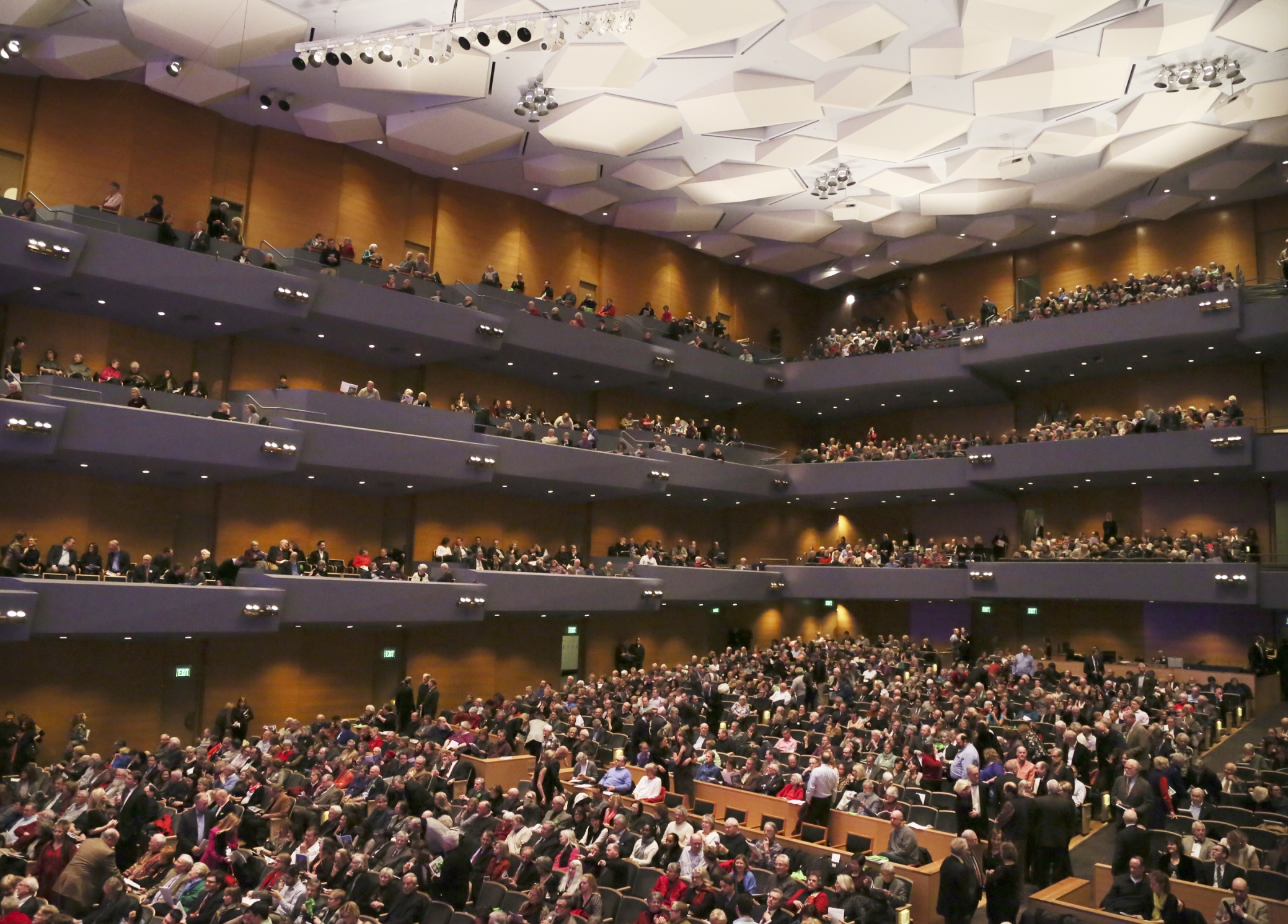"There is no possible way that I can lift up a car!" I said. I was the focus of a peculiar dinner-time conversation with my family. My family loves me greatly and thinks the world of me. They think I could lift a car if I really, really, needed to. We disagreed in good fun, debating about the nature of strength and how superhero acts are waiting for the right moment to emerge. Despite my protests and declaring with much certainty my inability to lift thousands of pounds of metal they were eagerly brainstorming ways I could succeed. They talked about fear and adrenaline and the mythical stories of people picking up cars to save some trapped victim. But it's ok I can’t pick up a car. I don’t believe I'll ever need to pick up a car, even if they're trapped under it, because I know my limitations. There are other ways to succeed.
Going through life with the belief that super-human strength was available to me if I only really, really needed it isn't helpful. That's a harmful belief and there is an associated opportunity cost. If I thought I was always strong enough if I really needed to be I would never be motivated to learn how leverage works. Maybe I would never learn how to operate a jack. If I need to lift a car off someone, the last thing I would try is grabbing it and lifting. I know my limitations and through my limitations I would succeed at what is important: rescuing the poor person under the car.
This belief in our latent untested heroic abilities is pervasive. We stubbornly neglect a problem and then jump in as if we have super powers. Inevitably we fail but infrequently do we understand it was due to our limitations. We think perhaps we didn't really care enough after all. Whatever we tried to do wasn't that important. We're good at making excuses but not at understanding our limits. We have limits. Our projects have limits. Understanding, evaluating, and exploiting those limits is necessary to succeed.
Always Ask: Why is this limit here?
Many limits simply don't make any sense. We forget the reason, or maybe the reason was never there. Sometimes there is a limit purely because someone said so and other people believed it. My daughter told me, "Girls don't do math". That misguided statement limited her, and she was only 5 years old. After a year of exploring that perceived limitation she's broken through most of it and enjoys math. We talked about the underlying cause. Belief in limits lingers, especially when the reason for the limit is simply untrue. In this case, limitation is merely perception and the reasons are basic bigotry. There is no fence there but what we believe, and beliefs are very powerful.
Breaking through beliefs takes time, because our existence is a collection of beliefs. She is still learning that this limitation has no bearing on reality. Many limitations are like that and it's important to have help as we learn the underlying reasons and make progress. In this case, there is no good reason for the limitation to exist. Some reasons, though, have legitimate reasons for existing. These limits may be for safety or to help us succeed, at least in a boring way.
The Constructive Safety of Guard Rails
Frank Gehry designs buildings in the physical space that conform to physical rules. Physics aren't limitations you can skirt around. The limits and rules determine the function of the buildings he designs, like the Walt Disney Concert Hall in Los Angeles. The most important aspect of that building is the function it provides. That doesn't mean abiding by the well established limitations and simply copying existing concert hall designs.
When Frank Gehry designed the hall, he worked with teams of sound engineers that knew exactly how to get the best sound. Together they threw out the traditional limitations of concert hall design and designed something new that still adhered to the underlying rules. There is no functional reason to build a concert hall in the typical shoebox design. Frank Gehry knew that limit could be broken. He learned and understood the reasons behind each limitation and created a concert hall that looks like this:
This was drastically different than the existing common design pattern. Concert halls were big rectangles, with a stage on one side and seating gradually getting further away. This is what the safe path looked like:
Where would you rather watch a concert?
Focusing on the reasons behind the limitations inspires us to seize the most valuable opportunities. The reasons act as constructive partners rather than constricting forces. It doesn't take a lot of energy to learn the underlying reasons behind any limitation. Maybe a few minutes of reading here or there. The real effort comes in discovering new ways to account for the real limitation. This may be uncharted territory. The improvement of our capacities, both as individuals and as a species, comes from understanding the lowest level of limitations and discovering optimal solutions.
Limitations and Expertise
For a few years there was a solid and well-reported belief that 10,000 hours of deliberate practice would make you an expert. This magic number and method was hotly contested, even by the original researcher (paper here, as a Doc, sorry). When it comes to tennis players or musicians, mastery and expertise are easy to define. Through all of this discussion, there was also an attempt to define what an expert actually is. I believe expertise is relevant to limitations, and to put it simply:
An expert is someone who is able to understand and explain the fundamental constraints in their work.
Studying fundamental constraints and the reasoning takes a lot of time. It depends on the subject matter, but most likely you're going to exceed 10,000 hours. The exploration of the reasons and subsequent discovery of creative ways to move forward and around them is what creates expertise. Eventually, the knowledge of fundamental constraints and workarounds gives clarity, and hunches, on what is possible and what isn't. This saves time, allowing experts to move more rapidly and get more done. It also lets them fail quickly, or recognize failures significantly faster.
Truly understand what possible means
What does possible mean? What about impossible? We use those words so carelessly, like in my experience in lifting cars. Many people thought our common, every day gadgets were impossible. In very recent history, both the lightbulb and flight seemed impossible. Expertise does not mean you have the answers, it may mean only a hunch that something, eventually, will work. Expertise is knowing what is possible through experimentation and learning. Expertise is built upon experimenting within the realm of possible until all options except the correct one have been tried.
This is what keeps people going in the face of failure time and time again. It's not optimism. Expertise is understanding that possible means elusive success is present somewhere. Expertise isn't knowing where it hides but discovering where it doesn't. Limitations help narrow that down substantially, so at least you are looking in the right haystack.
Find your limitations. Explore and learn the real reasons the limitations exist. Discover success. It's there, waiting to be found by someone bold enough to continue looking.





